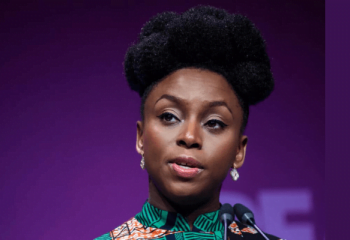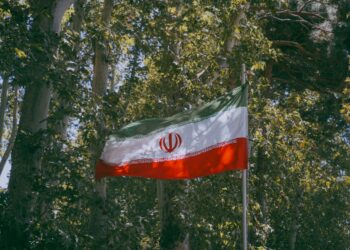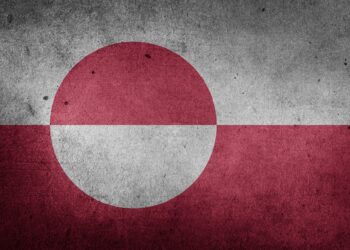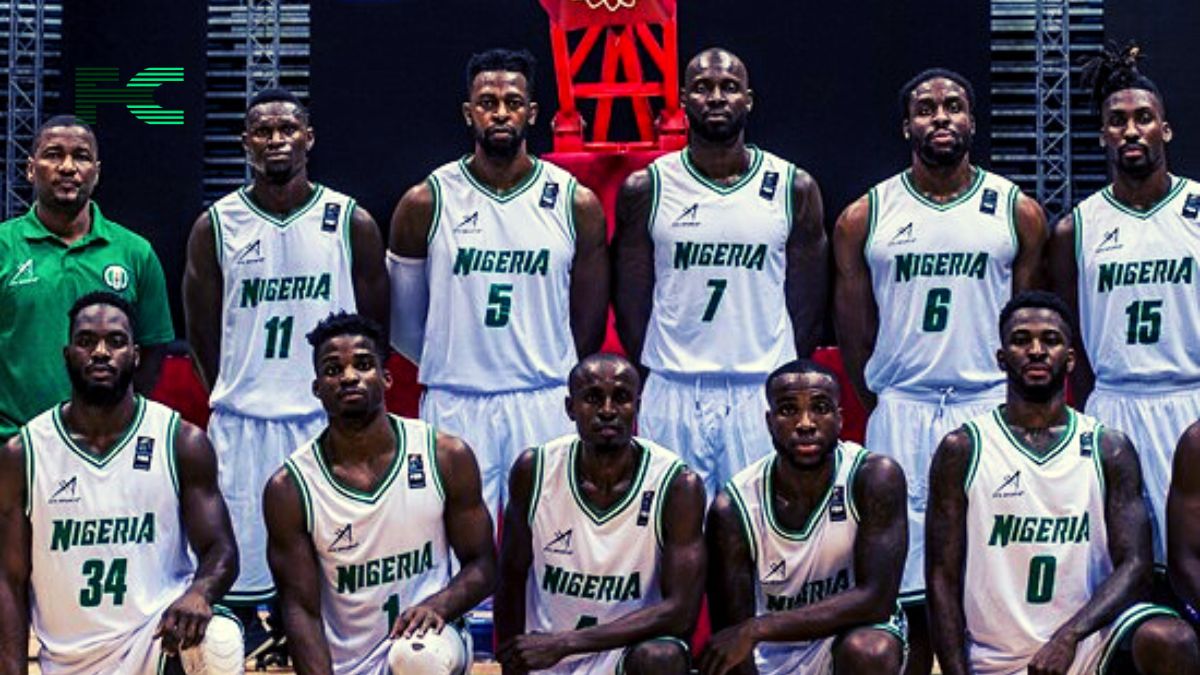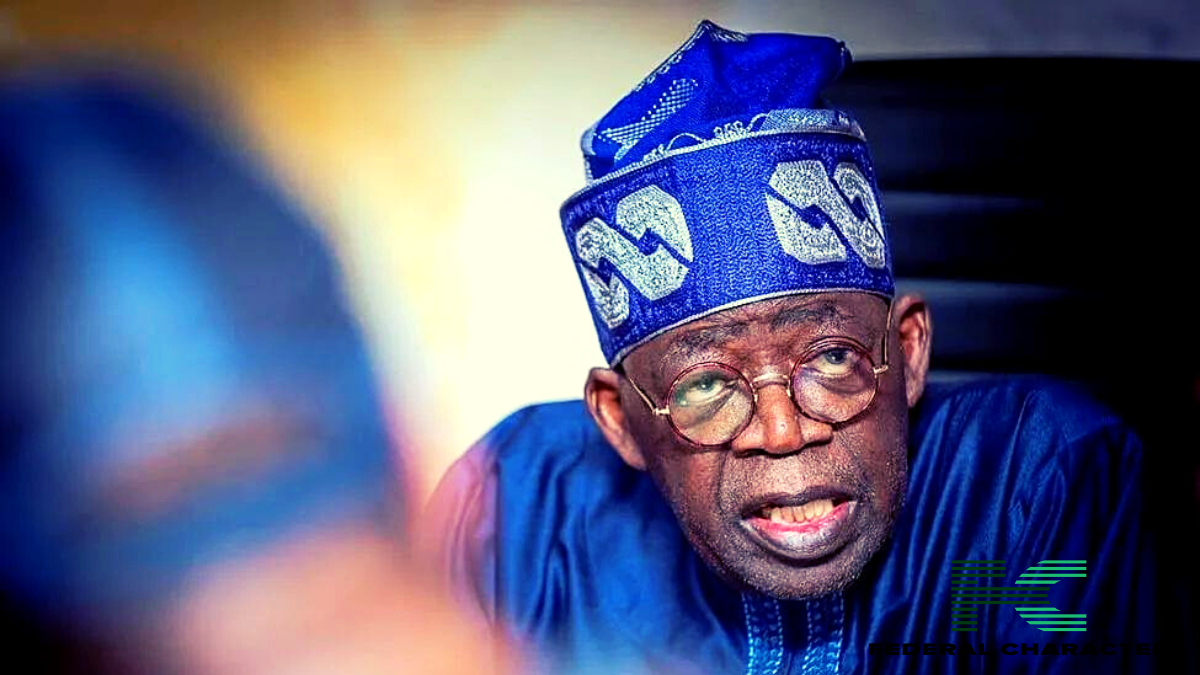At least seven protesters have been killed during three days of demonstrations in Togo, according to local human rights groups, as tensions escalate over constitutional changes that critics call an “institutional coup.” The victims’ bodies were reportedly recovered from rivers in the capital Lomé, with activists accusing security forces and pro-government militias of violent repression.
The Togolese government has denied any connection between the deaths and last week’s anti-government protests, instead threatening legal action against organizers. Authorities labeled the demonstrations a “campaign of disinformation” allegedly orchestrated from abroad. The unrest follows controversial constitutional reforms that abolished presidential elections and granted President Faure Gnassingbé a new, lifetime leadership role as President of the Council of Ministers.
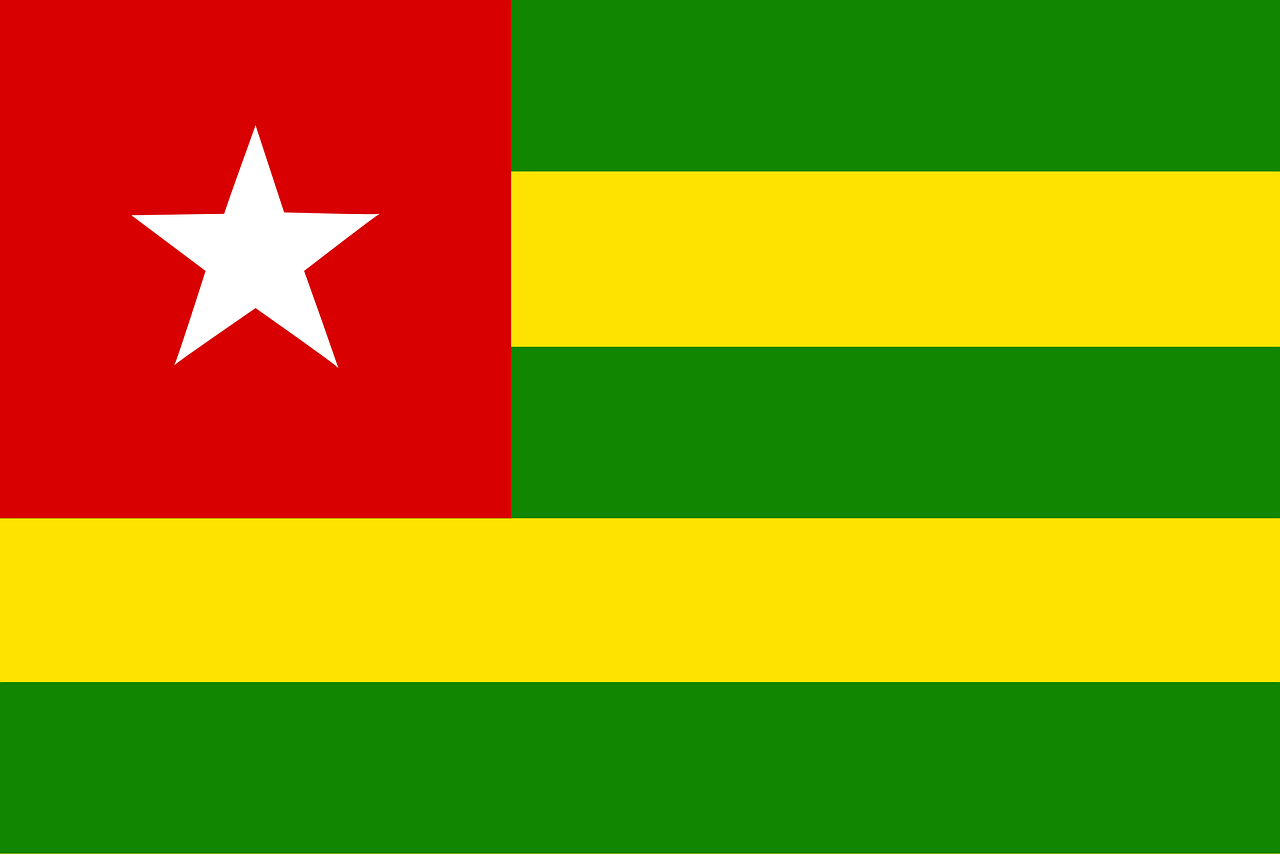
Youth-Led Protests Met with Brutal Crackdown
What began as peaceful demonstrations led by online activists and youth movements quickly turned violent after security forces fired tear gas and clashed with protesters in opposition strongholds like Bè. Witnesses reported street battles, with demonstrators hurling stones and police pursuing them into residential areas.
A coalition of 23 Togolese civil rights groups, including Le Front Citoyen Togo Debout, has demanded an independent investigation into the police crackdown, condemning the “disproportionate use of force.” They emphasized that peaceful protest is a constitutional right, accusing the government of suppressing dissent.
Gnassingbé’s 58-Year Family Rule Faces Growing Resistance
The protests reflect deepening frustration with Gnassingbé’s regime, which has governed Togo for 58 years. Recent constitutional amendments, eliminating term limits, have intensified opposition, with critics warning of authoritarian consolidation. The arrest last month of rapper and activist Aamron (Narcisse Essowè Tchalla), who was forcibly sent to a psychiatric facility, further galvanized public anger.
Though calm returned to Lomé by Sunday, with businesses reopening, the underlying tensions remain unresolved. At least three protesters remain in custody, while international observers warn of worsening human rights violations.


